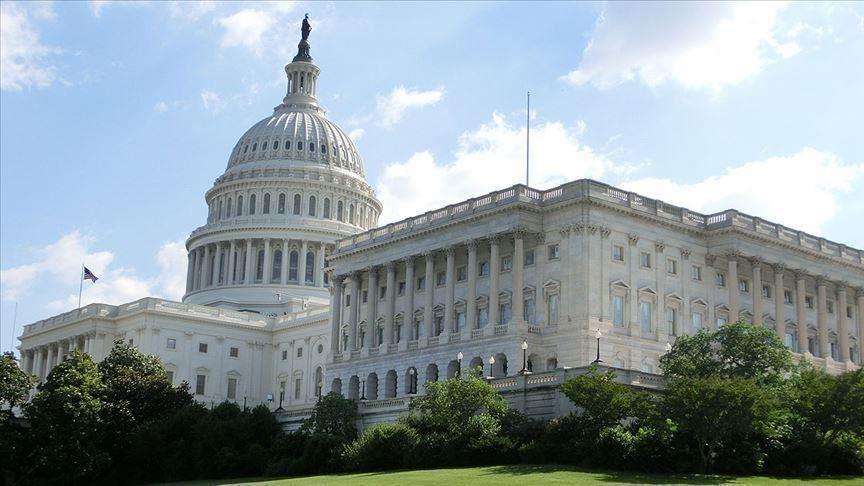US says will not back Turkey's planned Syria operation
WASHINGTON-Anadolu Agency

The U.S. on Oct. 6 ruled out any assistance or involvement in Turkey's planned operation east of the Euphrates River in northern Syria.
In a statement, the White House said Turkey will soon carry out its "long-planned operation" into northern Syria.
"The United States Armed Forces will not support or be involved in the operation, and United States forces, having defeated the ISIS [Daesh] territorial 'Caliphate,' will no longer be in the immediate area," said the statement, using an alternate name for the terror group Daesh.
It came hours after a phone call between Turkish President Recep Tayyip Erdoğan and his U.S. counterpart Donald Trump, during which a November meeting was planned, according to Turkish presidential sources.
Erdoğan and Trump exchanged views on bilateral issues as well as the planned safe zone east of the Euphrates River, said Turkey's Communications Directorate.
Turkey has long decried the threat from terrorists east of the Euphrates in northern Syria, pledging military action to prevent the formation of a "terrorist corridor" there.
Since 2016, Turkey's Euphrates Shield and Olive Branch operations in northwestern Syria have liberated the region from YPG/PKK and ISIL terrorists, making it possible for Syrians who fled the violence to return home.
But Turkey has stressed the continuing threat from YPG/PKK terrorists, the Syrian branch of the PKK, a group which has killed some 40,000 people in its 30-year terror campaign against Turkey.
The U.S. statement added: "Turkey will now be responsible for all ISIS fighters in the area captured over the past two years in the wake of the defeat of the territorial 'Caliphate' by the United States."
The U.S. also accused France, Germany, and other European nations of dragging their feet in failing to take back captured ISIL fighters.
"The United States will not hold them for what could be many years and great cost to the United States taxpayer," it added.
















